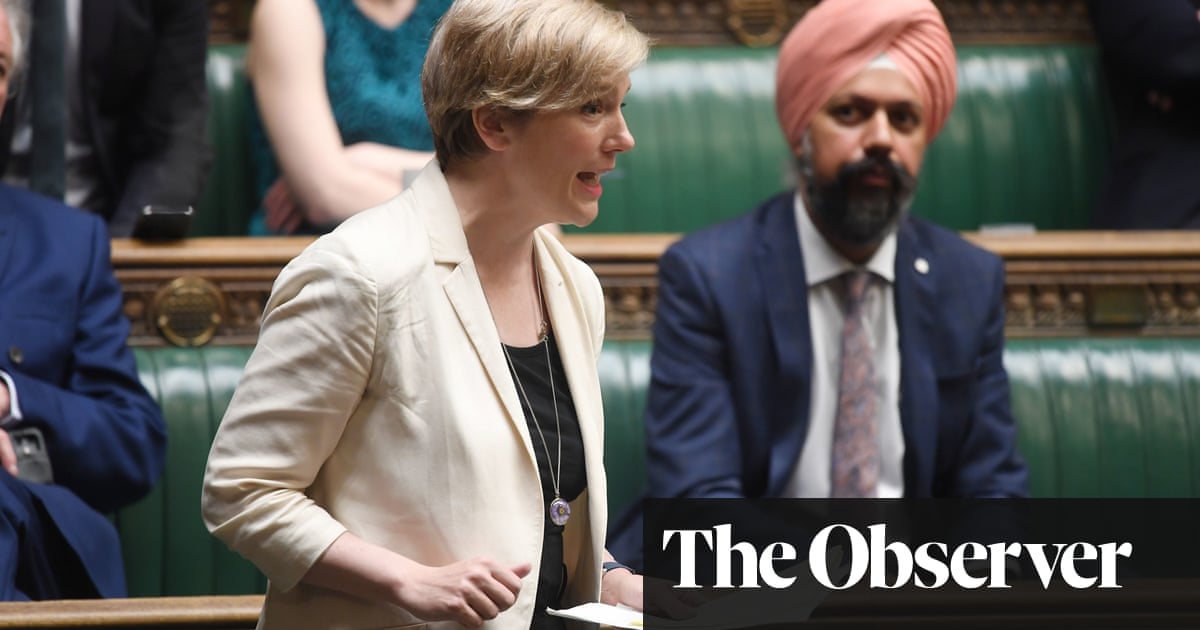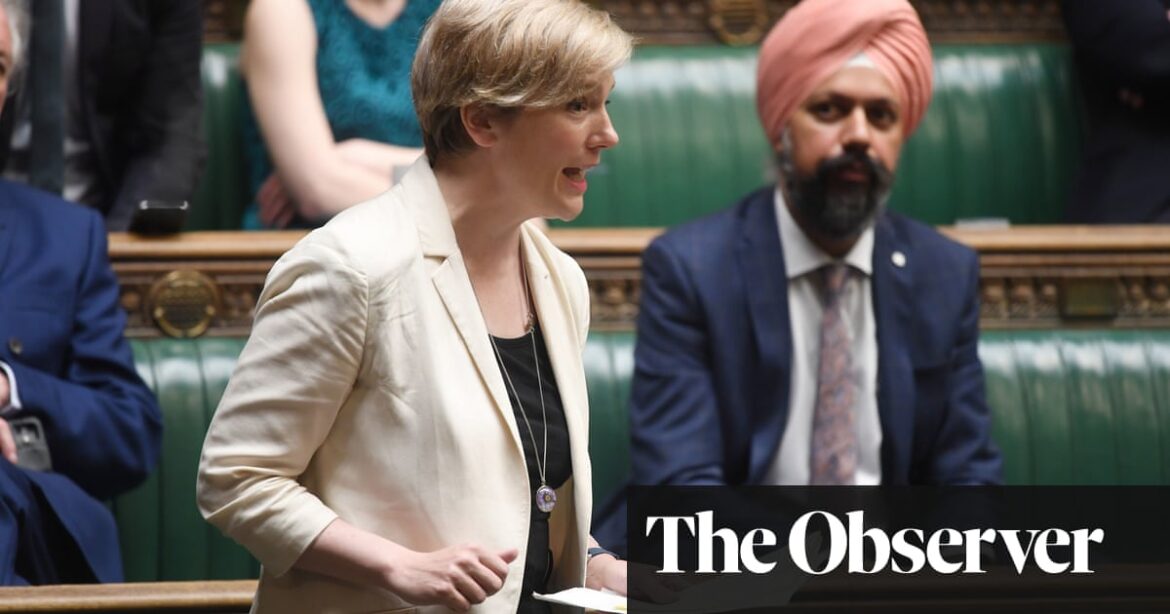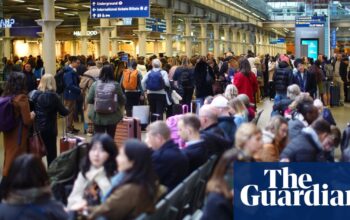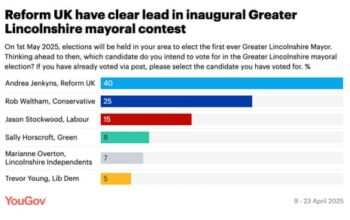
Keir Starmer’s government is coming under fire for having failed over more than four months to appoint new MPs and peers to a key EU-UK inter-parliamentary forum, as pressure grows for closer co-operation with the European Union after Donald’s Trump re-election to the White House.
Today in an article for the Observer online the MEP and former Italian government minister Sandro Gozi, recently elected as the new chair of the 70-strong UK-EU parliamentary partnership assembly (PPA), and the chair of the Labour Movement for Europe Stella Creasy MP say failure to reconstitute the PPA since the July general election is an issue that “urgently” needs to be addressed.
They write that since Labour took office, the body, set up in 2021 to scrutinise the workings of the post-Brexit Trade and Co-operation Agreement and build closer working links, has been unable to function because the UK has not taken any steps to establish which 30 Westminster parliamentarians will form the country’s delegation. A parliamentary source, while critical of the government’s failure to appoint new MPs, suggested one reason for the delay was a request from the Conservatives to wait until the conclusion of their leadership election.
Calls for the UK to work more closely with the EU on everything from foreign policy to defence and trade – as well as immigration – have been growing since Trump’s stunning re-election success.
The president-elect has promised to impose substantial tariffs on all US imports in a move that could seriously damage a UK economy already suffering from having lost access to the EU’s single market as a consequence of Brexit. With Trump also talking of ending US funding for Ukraine in its war with Russia, the UK government finds itself in a position of potentially dangerous isolation from both the US and the EU on issues of economic and security importance.
Against this background, senior diplomats and Labour MPs now want Starmer to accelerate moves to get closer to the EU.
Privately diplomats and Labour politicians are astonished and despairing that many such public appointments including new trade envoys have not been named since the election. One key source said: “Whether it is all the trouble at No 10 I don’t know, but it is pretty astonishing.” Another said: “They have just not wanted to have any focus on what they are doing with Europe. With Trump back though that has to change.”
Peter Ricketts, former UK ambassador to Paris and one of the country’s leading ex-diplomats, who was appointed to the UK-EU PPA on its formation, said that he hoped the Starmer government would speed up the building of closer ties with Brussels.
“I would move away from the rather cautious and incremental approach to improving relations with Europe,” he said. “It is really important that we are getting in close and talking much more regularly to the French, the Germans, the Poles, the Italians.
“I think this is less about changing the treaty, which will inevitably take time, and more about working on foreign policy issues such as Ukraine, and on finding practical solutions on issues such as migration.”
Creasy told the Observer: “Trump’s election shows the risks to the UK of going it alone in an uncertain world. We have to rebuild our relationship with Europe as part of protecting the public from the economic, security and climate shocks heading our way.
after newsletter promotion
“Yet the democratic structures designed to do that aren’t up and running as the Government hasn’t set out what will replace the Parliamentary European Scrutiny committee it abolished or appointed people to the UK EU Parliamentary Assembly. With so much at stake we can’t waste any more time – getting this right has to be a priority before the new president is in post.”
In her article with Gozi, they add: “When the UK left the EU it didn’t just abandon the biggest trading bloc in the world. It also left the room where decisions are made affecting our mutual security, climate and equality. Whether protecting the future for Ukraine or Israel or Palestine, managing the need to transition our economies or the challenge of migration, both are now poorer for this break-up. The last UK government took Brexit as permission to isolate, building further trade barriers at its borders in the name of Global Britain.
“The new government has made clear it prioritises collaboration with its neighbours, not the grievances of the past. This week’s events mean that defining what that means in practice must now be fast-tracked.”
Source: theguardian.com



